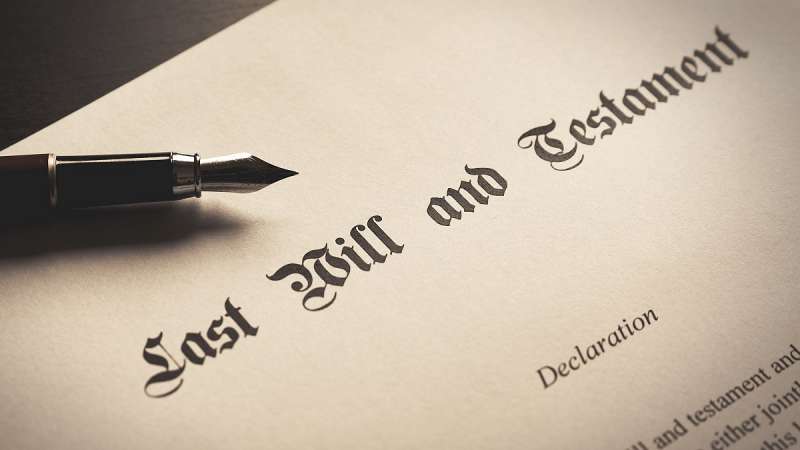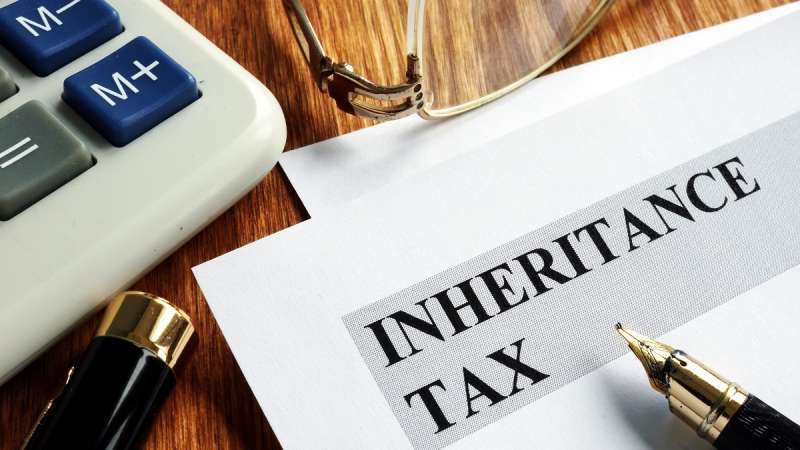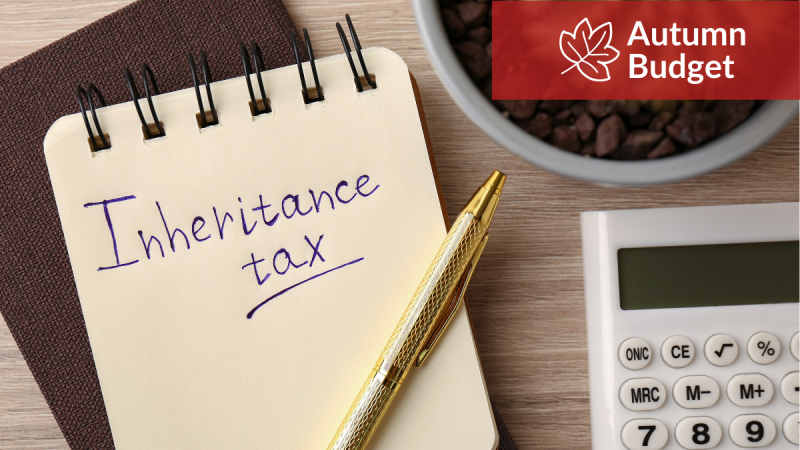
A power of attorney is a legal document which gives a person(s) the authority to act on behalf of another (donor). If you would like to appoint someone to act on your behalf, a power of attorney can be created, provided you have the mental capacity.
Lasting powers of attorney (LPAs) were introduced by the Mental Capacity Act 2005, effective from 1st October 2007 onwards. Often people assume their spouse or next of kin will be able to make decisions on their behalf if they lose mental capacity.
However, if you do not have an LPA in place and you have lost mental capacity, your loved one(s) will need to make an application to the Court of Protection to be appointed as your deputy to make decisions on your behalf (which could lead to a delay and increased costs).
To make sure that you are prepared for this type of situation, you can make an LPA whilst you have the mental capacity to appoint the person(s) you trust to make decisions for you should you be unable to deal with your own affairs. Your attorney must make decisions in your best interests.








